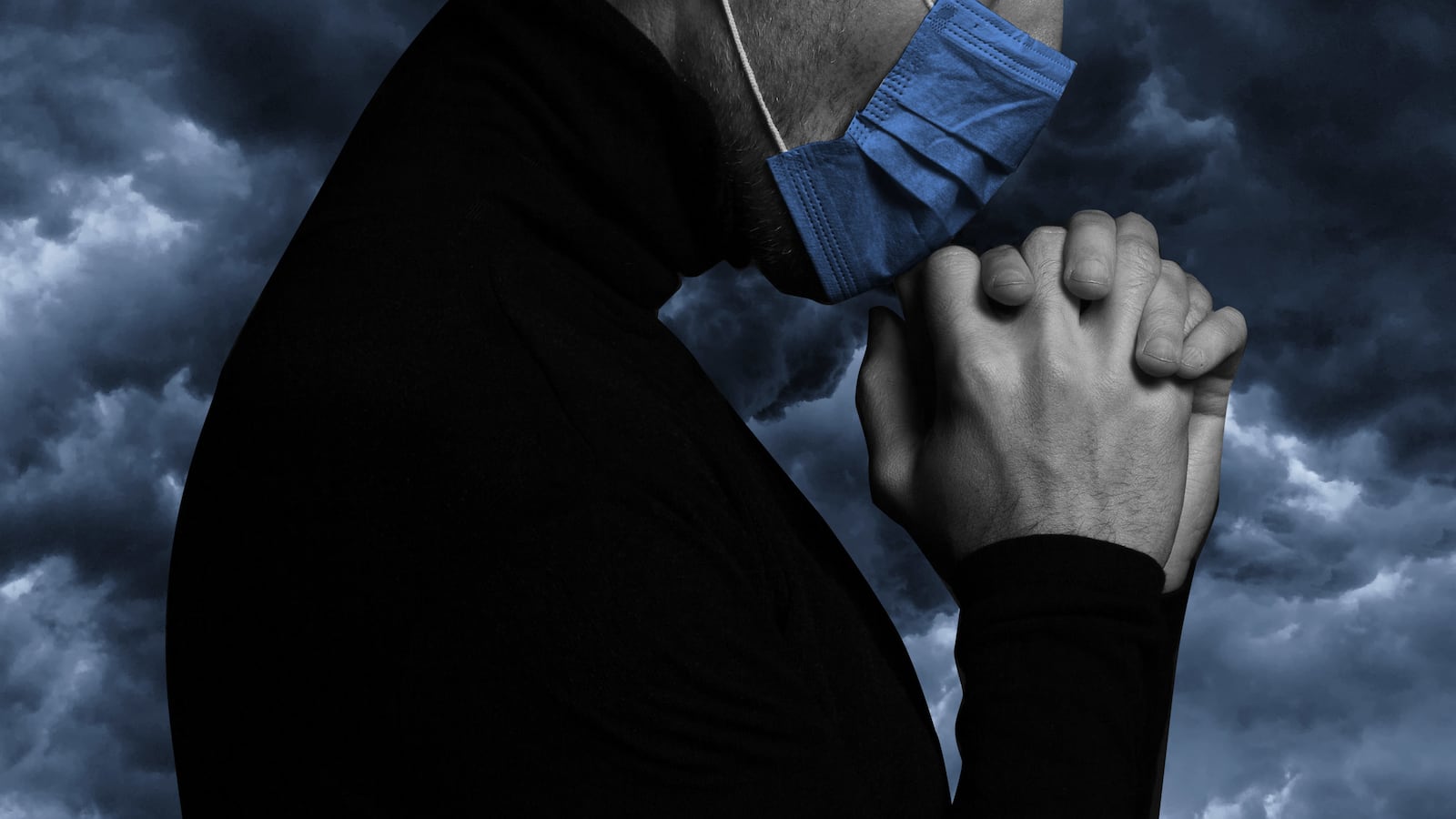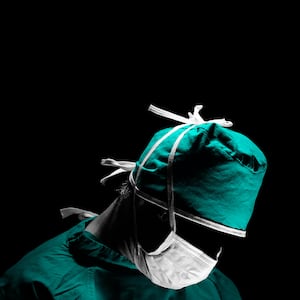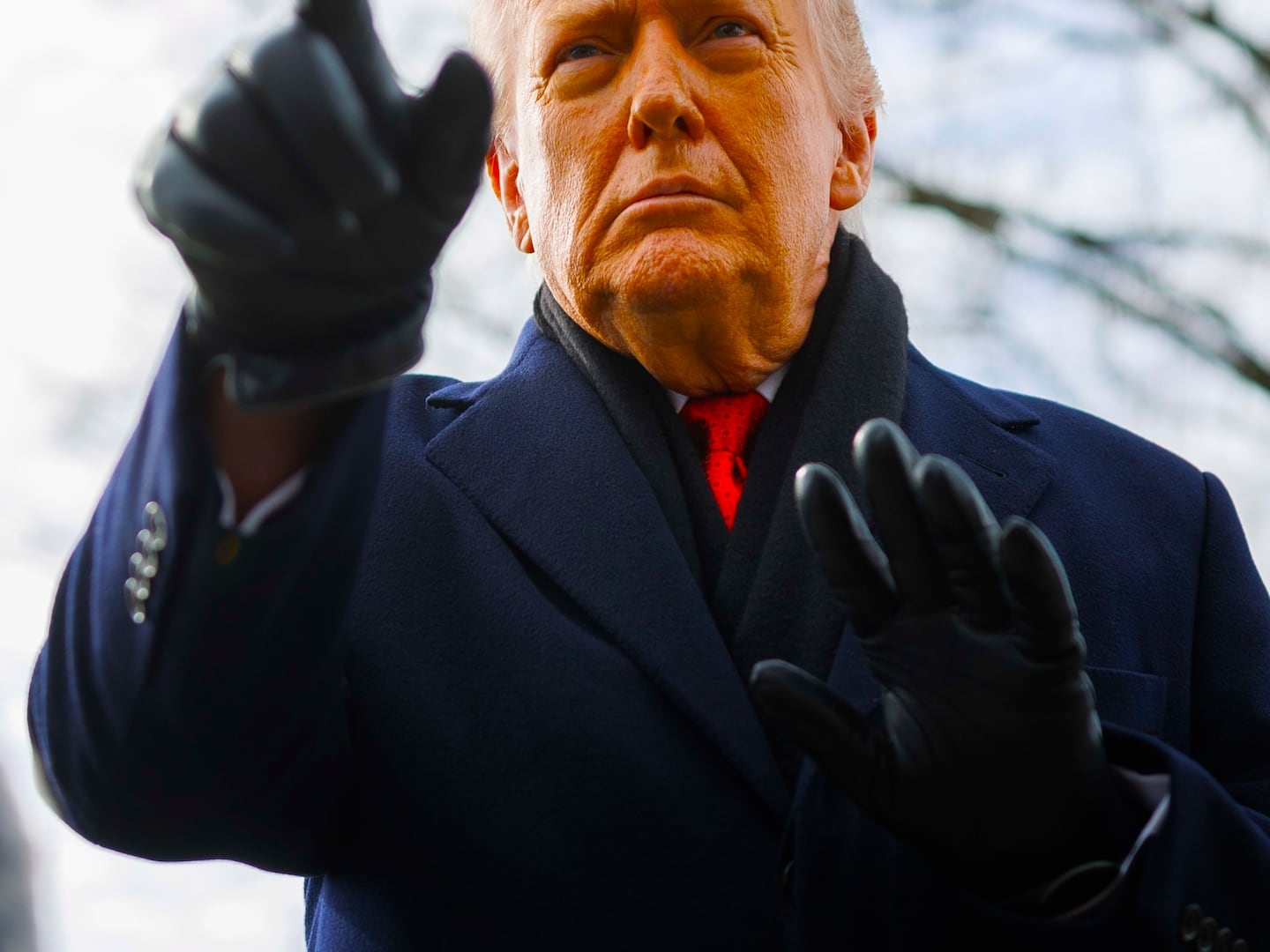When it became clear that the COVID-19 outbreak was becoming a serious threat in the United States, I found myself much less gripped by fear than those around me. It seemed as if everyone went from zero to frantic overnight, and I couldn’t understand why I hadn’t gone through the same transformation.
People were suddenly willing to support any policy that might stop its spread—no matter how extreme they seemed at the time. I have been writing about pandemics for years, so it wasn’t that I didn’t know how bad things could get, but I simply wasn’t feeling the fear yet.
As time passed, I started to realize why so many people were terrified while I remained relatively calm. I recently turned 30, so at my age it’s unlikely I would die if I became infected. Most of the people I was interacting with were in the same boat, but there was one key difference between us: Their parents are still alive.
I lost my father a few years ago to cancer and my mother when I was 20 to the liquid tranquilizer we call booze. Because I didn’t have parents to worry about who would be more likely to be taken by the virus, I felt less afraid.
To say I was less fearful is not to say I was underplaying the threat of the pandemic or was completely without fear.
I read the evidence as it came funneling in and assessed how bad the threat was as things developed, and I quickly adjusted to wearing a mask, using my computer glasses as eye protection, and largely staying home. I also created a possibly overly complex system for washing the things I bought at the store. I remained, however, relatively unflappable.
I can say with confidence that this pandemic has been the first time I’ve almost felt lucky to be parentless. If you don’t have parents, you don’t have to worry about their health. I would hear stories from friends—as I still do today—about their parents not taking this crisis seriously enough and them worrying about if they’re following the guidelines and staying safe.
Yet although it felt nice that I didn’t have to worry about my parents, I also found myself thinking about them a lot more. I would take my whiskey outside with me when I went for a smoke at night and find myself reminiscing about my teenage years.
I wondered how my parents would behave if they were still around during this outbreak. They were both alcoholics, so I knew my dad would still be making regular trips to the store to get vodka and cigarettes. That bottle of Burnett’s could not run dry. He was a vain man, so I’m sure he wouldn’t have worn a mask.
My mother loved to make things, so I imagine she’d be making masks for people and largely staying at home to watch her soaps as she always did. I’d like to think they’d be sticking to the facts as they assessed what was going on, but they did always have an appetite for conspiracy theories, so it’s hard to say if that’d actually be the case.
On nights when I would surf social media rather than haunting the bars I frequented before the pandemic began, I would occasionally see someone I followed on Twitter who had also lost a parent before this all happened talking about missing them, and wishing they could converse with them as their anxiety intensified. I would sometimes reach out to these people to compare notes and make sure they were doing alright.
One person I’ve been in contact with who chose to remain anonymous lost touch with her father when she was 16 and lost her mother to cancer when she was 27. She said she also feels lucky she doesn’t have to worry about her parents, but she also feels “sad that there isn’t an unconditional source of love and strength in my life right now.”
It’s a mixed experience being parentless during a pandemic. You oddly feel lucky that you don’t have to worry about them, but you also don’t have access to the guidance and affection you crave from the people who were your anchor during the most formative and vulnerable years of your life.
Losing your parents at a young age is an isolating experience, because most others around you have no way to relate, and things only get more complex when you’re literally forced into isolation.
One person I discussed losing parents with over the past few months, a reporter named Kalhan Rosenblatt of NBC News, tells me she, like me, feels lucky sometimes that she doesn’t have to worry about her mom who she lost to cancer roughly a year ago.
“It’s a weird blessing that I don’t have to worry about my mom being in a hospital right now,” Rosenblatt said. “At the end of my mom’s life, she was in hospitals for the majority of the last 12 months. She was in hospitals more than she was out of them, and I just know that I would be a nervous wreck this entire time. I would probably be having panic attacks nonstop if she was alive right now—just worried about her getting coronavirus.”
Rosenblatt said that she worries about her dad who is still alive, but her mom would have been extremely vulnerable to the virus, so it would have driven her insane. She said that if her mom was around, she was sure she’d still be the optimist she always was and would be doing anything she could to help people in need.
Though Rosenblatt sees not having to worry about her mother as positive, she says she does constantly wish she could call her mom so she could tell her everything is going to be alright. She said it was hard to stop thinking about how much she misses her sometimes when there are so few distractions while we’re all staying at home.
“There is no distraction. You’re just alone with your thoughts,” she said. “There’s no way to distract yourself from the thoughts of, ‘I miss my mom.’”







